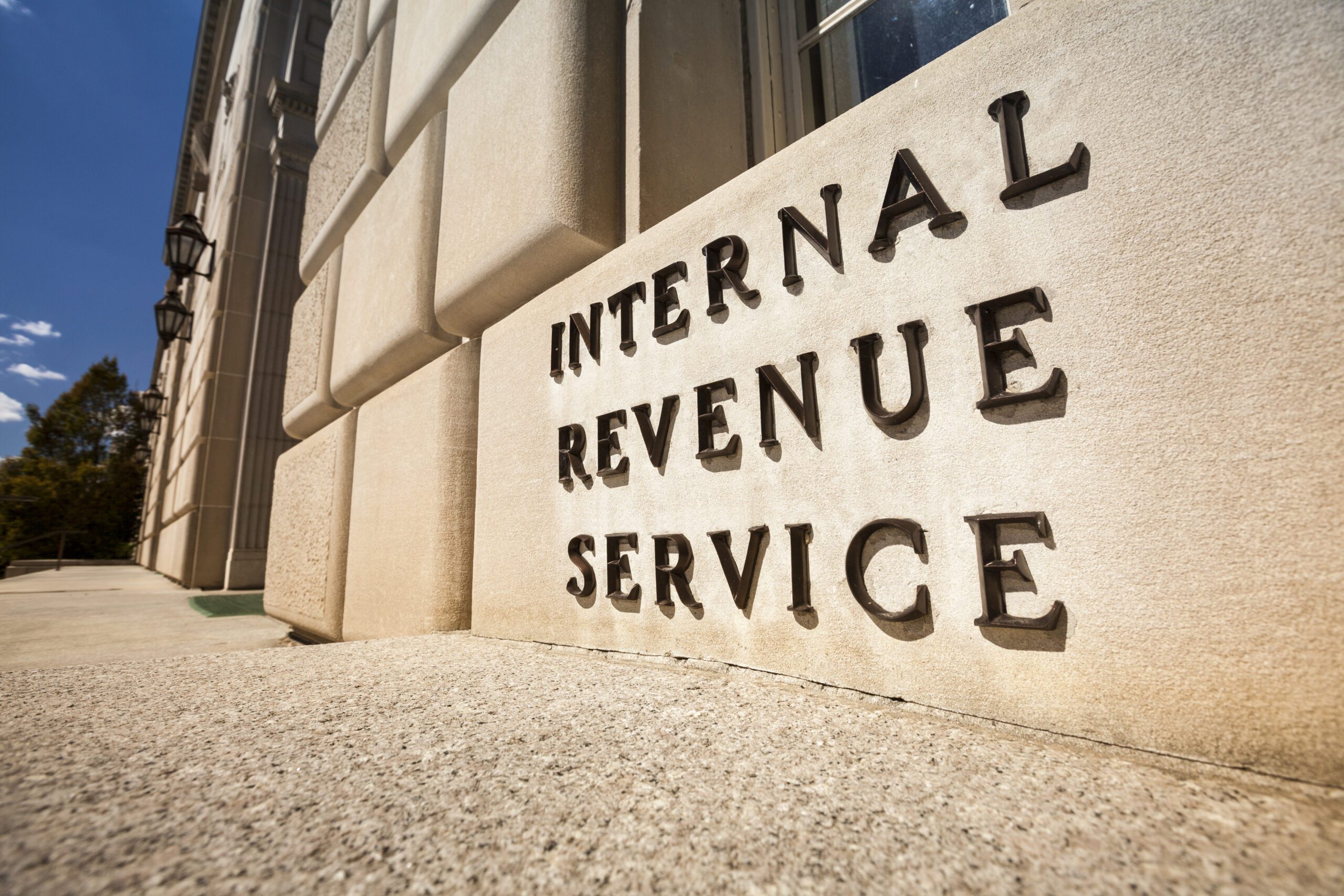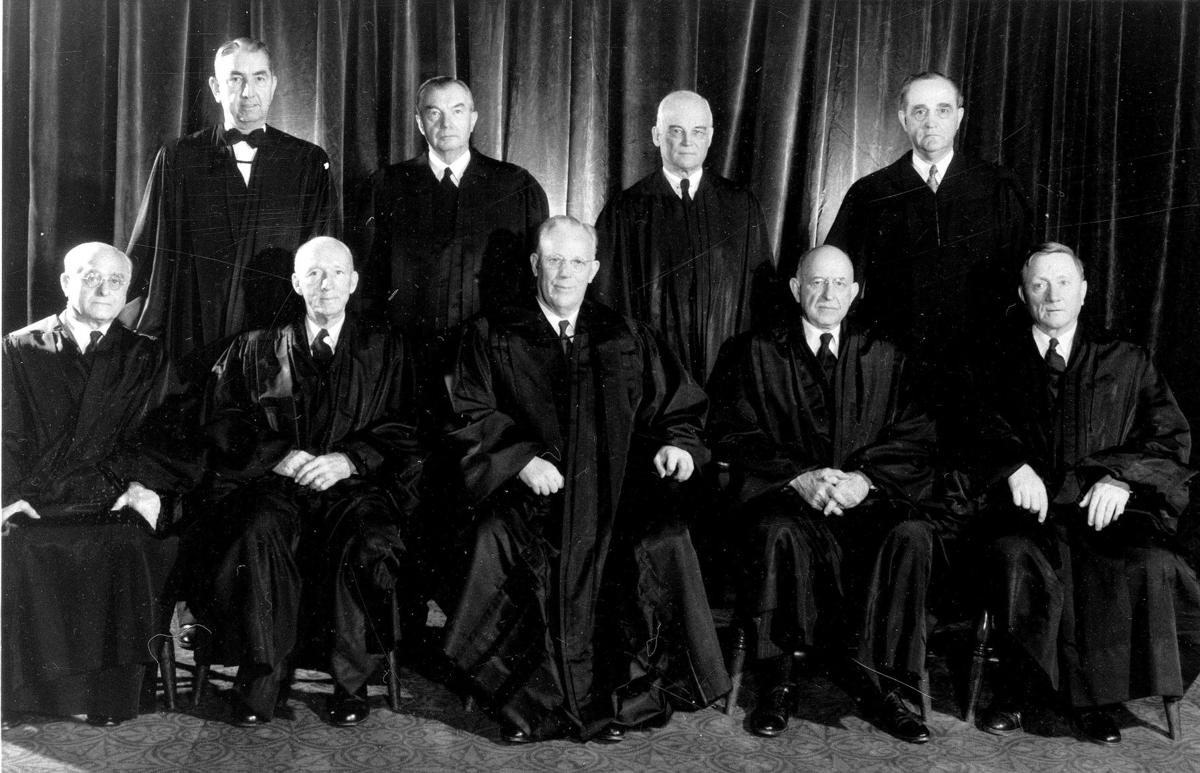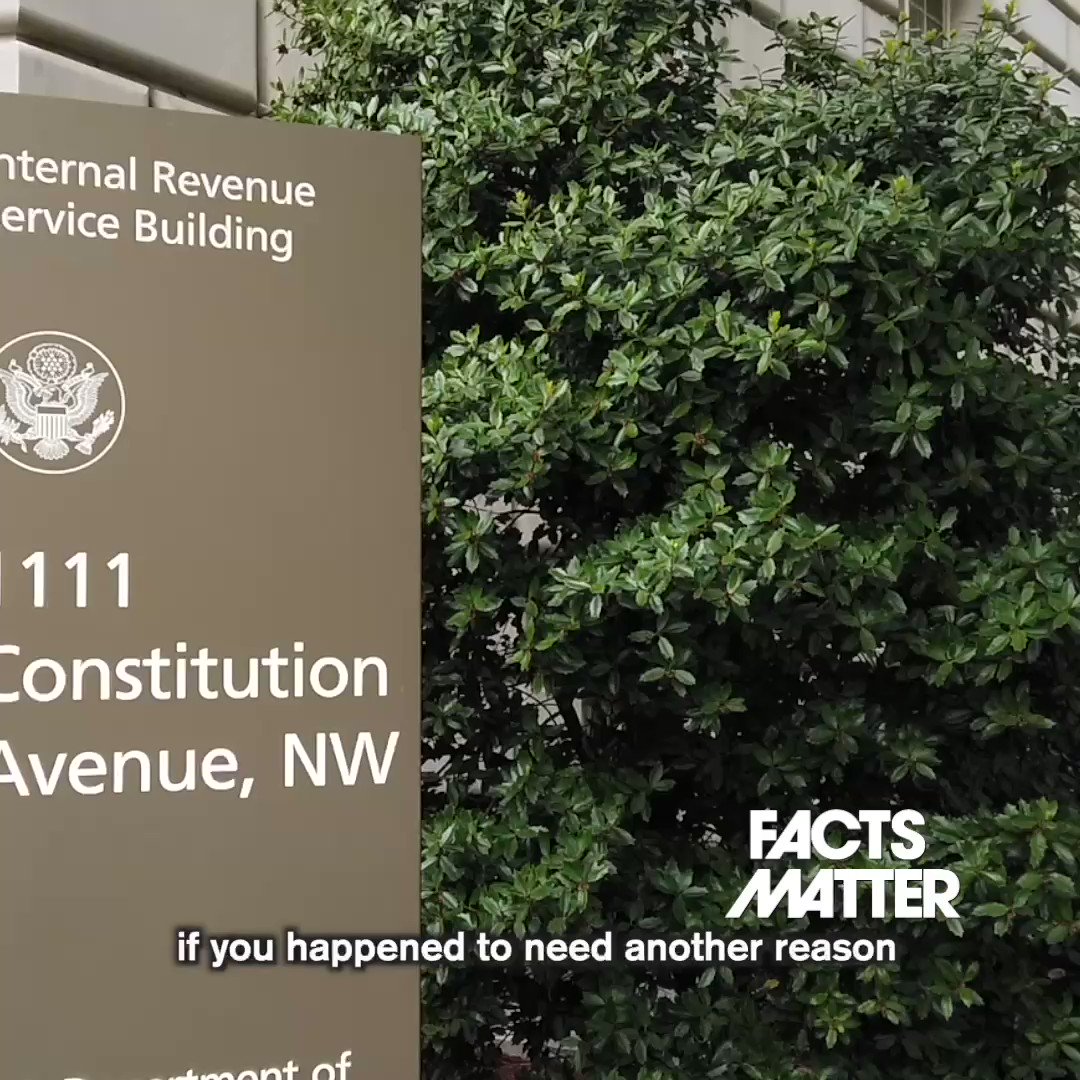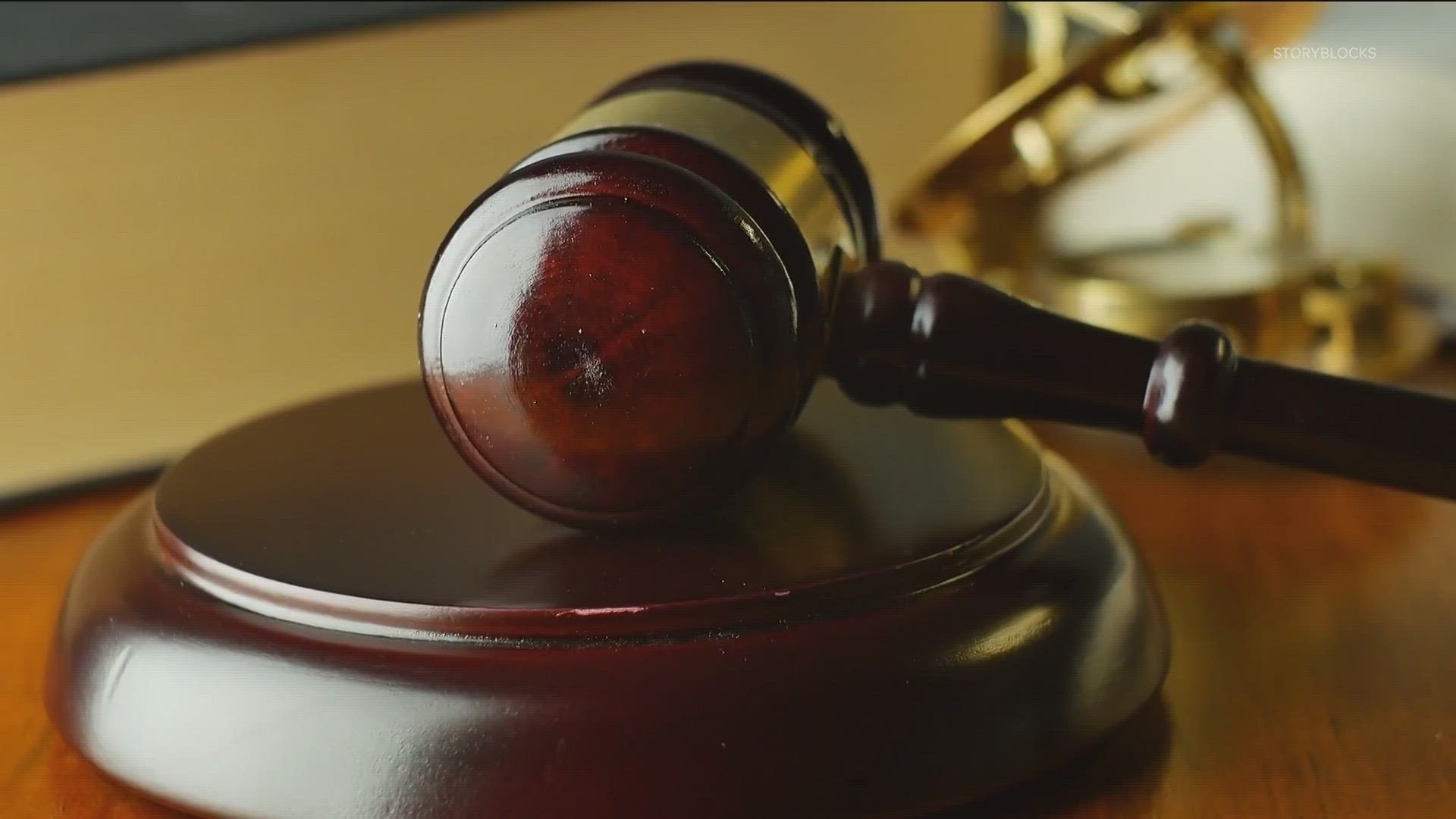Kilmar Abrego Garcia Ruling: Understanding the Supreme Court's Unanimous Decision
BlogTable of Contents
- Supreme Court, 9-0, Backs Busing to Combat South's Dual Schools ...
- Today In History, May 17: Watergate Committee | History | madison.com
- U.S. Supreme Court Issues 9-0 Ruling | Videos | Facts Matter | Gan Jing ...
- Supreme Court ruling doesn’t protect stalking as free speech | 11alive.com
- Trump Triumphs Supreme Court 9-0 Ruling - YouTube
- Supreme Court decision outlawing segregation in public schools | AP News
- Colorado SOS Goes Full CRAZY EYES After Supreme Court 9-0 Ruling - YouTube
- CIC Services, LLC v. Internal Revenue Service: Captive Insurance Wins a ...
- Trump Secures Ballot Access By Supreme Court 9-0 Ruling, Liberal ...
- MinOh on Twitter: "RT @FactsMatterRB: According to a unanimous decision ...



Background of the Case



The Issue at Hand


The Supreme Court's Decision
In a unanimous decision, the Supreme Court held that the government must prove that a defendant's prior conviction was for an "aggravated felony" beyond a reasonable doubt. The Court's opinion, written by Justice Sonia Sotomayor, emphasized that the government's burden of proof is a fundamental principle of due process. The Court reasoned that the government's failure to prove the prior conviction was for an "aggravated felony" would render the sentence enhancement unconstitutional.
Implications of the Decision
The Kilmar Abrego Garcia decision has significant implications for federal sentencing laws. The ruling ensures that defendants are protected from sentence enhancements based on prior convictions that may not meet the definition of an "aggravated felony." The decision also underscores the importance of due process and the government's burden of proof in criminal proceedings.
This article is for informational purposes only and should not be considered legal advice. If you have any questions or concerns about the Kilmar Abrego Garcia decision or federal sentencing laws, please consult with a qualified attorney.
Keyword: Kilmar Abrego Garcia Ruling, Supreme Court Decision, Federal Sentencing Laws, Aggravated Felony, Due Process, Government Burden of Proof.
Meta Description: The Supreme Court's unanimous decision in Kilmar Abrego Garcia v. United States has significant implications for federal sentencing laws. Learn more about the ruling and its impact on defendants' rights.